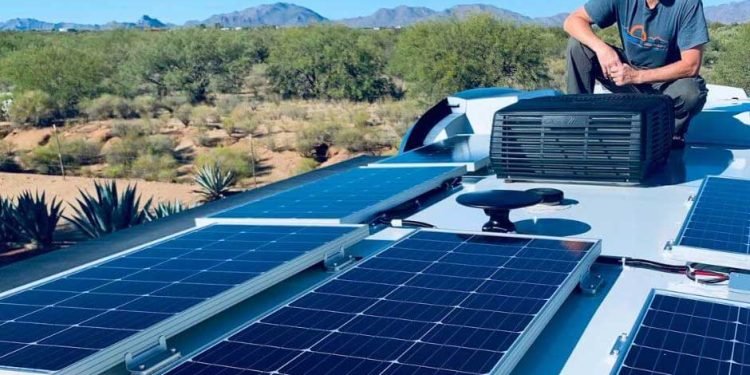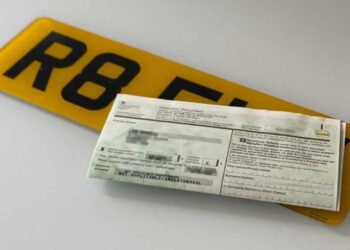As more people embrace the freedom and flexibility of RV travel, there’s been a growing interest in sustainable and eco-friendly energy solutions. The solar panel for rv is becoming increasingly popular, allowing travelers to harness the power of the sun and reduce their reliance on traditional energy sources. In this comprehensive blog, we’ll explore the ins and outs of solar panels for RVs, including how they work, their benefits, and tips for selecting and installing the perfect system for your needs.
Understanding Solar Panels and Their Effectiveness for RVs
Solar panels are devices that convert sunlight into electricity using photovoltaic (PV) cells. These cells absorb photons from sunlight, which excites electrons and generates a flow of electricity. The electricity produced by solar panels can be used to power RV appliances, charge batteries, and even supply energy back to the grid in some cases.
There are several types of solar panels available, including monocrystalline, polycrystalline, and thin-film panels. Each type varies in efficiency, cost, and aesthetics, making it essential to carefully consider which option best suits your RV’s specific needs and preferences.
Benefits of Solar Panels for RVs
Financial Savings
One of the most significant advantages of using solar panels for your RV is the potential financial savings. By generating your own electricity, you can reduce or even eliminate the need to pay for electricity at campgrounds or rely on costly generators. Over time, these savings can offset the initial investment in a solar panel system.
Environmental Impact
Solar panels are a clean and renewable energy source, producing no harmful emissions or contributing to climate change. By using solar panels for your RV, you’re actively reducing your carbon footprint and contributing to a greener, more sustainable future.
Off-Grid Travel
For many RV enthusiasts, the ability to travel off-grid is a major draw. Solar panels allow you to generate your own electricity, enabling you to explore more remote locations without worrying about finding a power source. This increased freedom and flexibility can greatly enhance your RV travel experience.
Tips for Selecting and Installing Solar Panels for Your RV
Assess Your Energy Needs: Before choosing a solar panel system, determine your RV’s energy requirements by calculating the total wattage of all appliances and devices you plan to use. This will help you select the appropriate size and capacity for your solar panel system.
- Choose the Right Type of Solar Panel: Consider factors such as efficiency, cost, and aesthetics when deciding between monocrystalline, polycrystalline, and thin-film solar panels. Each type has its pros and cons, so weigh your options carefully.
- Select a Charge Controller: A charge controller regulates the voltage and current from the solar panels to your RV’s batteries, preventing overcharging or damage. Choose a charge controller that can handle the maximum output of your solar panel system.
- Invest in a Quality Inverter: An inverter converts the direct current (DC) electricity generated by your solar panels into alternating current (AC), which is used to power most RV appliances. Select a high-quality inverter to ensure optimal performance and efficiency.
- Proper Installation and Maintenance: Properly installing your solar panel system is crucial to its performance and longevity. Follow the manufacturer’s guidelines and consider hiring a professional if you’re unsure about any aspect of the installation process. Regularly clean and inspect your solar panels to maintain their efficiency and prevent damage.
In Conclusion
As solar technology continues to advance and become more affordable, it’s likely that we’ll see even more RV owners embracing solar panels as a clean, renewable energy source. By investing in solar panels for your RV, you’re not only contributing to a greener future but also enjoying the freedom and flexibility that comes with off-grid travel. So, embark on your solar-powered adventure and experience the benefits of harnessing the power of the sun.












